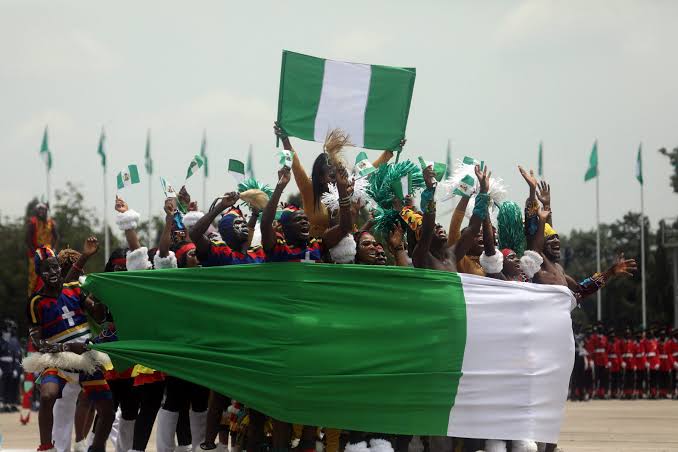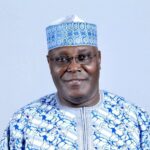Nigeria’s Leadership Journey Since Independence

Nigeria has come a long way since gaining independence in 1960. The country has had a total of 17 leaders, each with their own unique experiences and contributions to the nation’s development.
The early years of independence saw Abubakar Tafawa Balewa serve as the prime minister from 1960 to 1963, while Queen Elizabeth II was the head of state as the Queen of Nigeria. When Nigeria became a republic in 1963, Dr. Nnamdi Azikiwe took over as the country’s first president, serving until January 1966.
The country then experienced a period of military interregnum, with Major General Johnson Aguiyi-Ironsi seizing power in January 1966 but being assassinated in July of the same year. General Yakubu Gowon then took control, ruling from August 1966 to July 1975. General Murtala Mohammed overthrew Gowon and served from July 1975 until his assassination in February 1976. General Olusegun Obasanjo succeeded him, overseeing a transition to civilian rule and handing over power in October 1979.
Shehu Shagari became Nigeria’s first democratically elected president after the transition from military to civilian rule in 1979. However, his administration faced challenges, including economic downturns and allegations of corruption, ultimately leading to a military coup in December 1983. Major General Muhammadu Buhari took power in December 1983 but was ousted in August 1985 by General Ibrahim Babangida.
The country then experienced another period of military rule, with Ernest Shonekan briefly serving as the interim head of state in 1993 before General Sani Abacha seized power, ruling until his death in June 1998. General Abdulsalami Abubakar succeeded Abacha, overseeing the transition to civilian rule.
In 1999, Nigeria transitioned to democracy, with Olusegun Obasanjo being elected president and serving two terms until 2007. Umaru Musa Yar’Adua took over in 2007 but passed away in 2010. Dr. Goodluck Jonathan succeeded him, serving until 2015. Muhammadu Buhari was elected president in 2015, serving two terms until May 2023.
Bola Ahmed Tinubu was sworn in as the current president of Nigeria in May 2023, marking a new chapter in the country’s leadership journey. As Nigeria continues to navigate its complex history and development, its leaders will play a crucial role in shaping the nation’s future.








